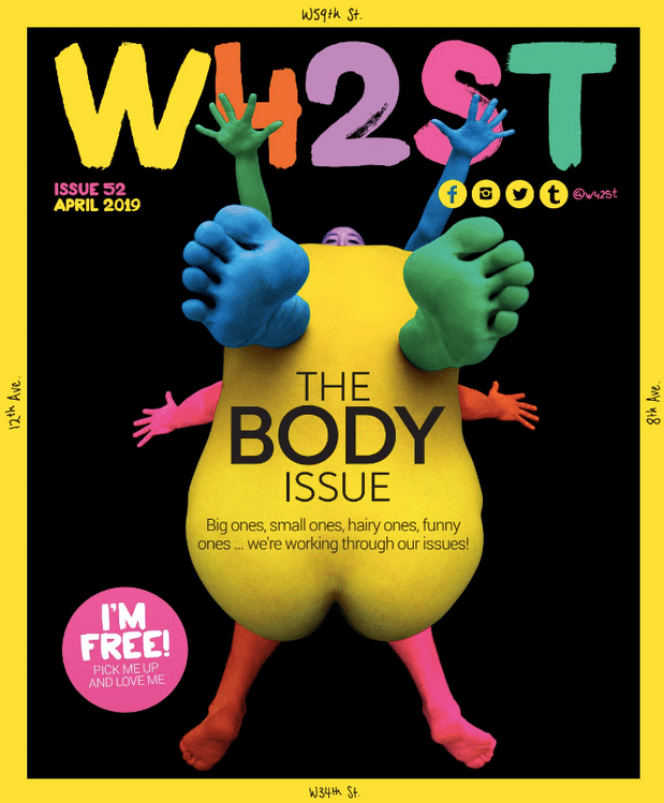Today is one of the first days in my life when I haven’t felt fat.” While it comes as a shock to hear it out loud, Lili Stiefel’s raw self-criticism will be familiar to many. A graduate student at The New School, an actor, director, producer, and entrepreneur (she describes herself as an artivist and an artrepreneur), she’s a child of an interracial marriage, Air Force brat, and A-student, speaks fluent English, German, and French, and has lived in Germany, Singapore, and New Mexico.

But she’s struggled with body shaming and a confused identity her whole life.
“The first time I decided I was fat, I was probably 12 or 13,” she says. “My dad’s African American from New Orleans, my mom’s German Irish, and both my parents are overweight. In Germany, it’s so blond and blue-eyed, I’m seen as almost black there. The width of my hips, the largeness of my breasts – I was exotic at drama school, and they didn’t know how to cast me. I felt fat and unworkable.”
She arrived in New York five years ago feeling confused, overwhelmed, and “head-on facing an anxiety disorder that I didn’t want to have in my life anymore. I felt crazy and I felt like I was probably the only person in the world who felt this. My therapist helped me understand that’s not quite true – everyone feels this.”
So she set about establishing The Mixed Space, a production company and meeting place that would say to others with the same sense of identity crisis: you’re not alone.
“I wanted to find other women who want to have this conversation. I’ve often felt the spaces I inhabit aren’t built for all my identities other than the one I’m there for. You go to school and you’re only supposed to be the student. But I’m also the big sister and a dancer and all these other things. Those identities aren’t welcome in that space. I felt cut off.
“If I can do a handstand against a wall and do 20 push ups, I can show up at a meeting and be fine.”
“The Mixed Space is the opposite of that. It’s round. It’s large. And it holds space for our fluid, ever-changing approaches to how we show up in the world, how we identify racially, ethnically, culturally … understanding that as we grow and learn, these change.”
And as she’s started to feel more comfortable with her place in the world, she’s started to feel more at home in her own body. Working daily with aerialist, acrobat, and contortionist Alexandra Peter, doing yoga, meditation, mantras … and often crying, she says: “It gives me an opportunity to address the areas of my body that need healing, so that I can show up and hold space and I can lead and be emotionally present because I’ve taken care of myself first.
“I started consciously building a team that was positive and based around healing rather than making me skinny. When I look at myself naked in the mirror now, I see the healing that I’ve gone through, I’ve seen the choices I’ve made because I love and respect myself.”
She’s also discovered gyrotonic, an exercise system that increases movement, and says: “It doesn’t matter how much fat is on my stomach because I’m free in my body. It’s the same with yoga: if I can put myself in these weird positions and still breathe; if I can do a handstand against a wall and do 20 push ups, I can show up at a meeting and be fine.”
This interview first appeared in the April 2019 issue of W42ST magazine. Stay in touch with W42ST and be first to read stories like this when you receive our daily newsletter. Join the conversation at w42st.com.

